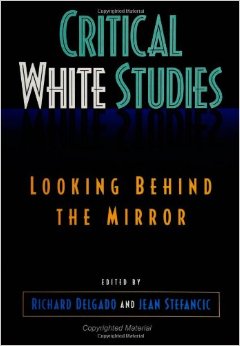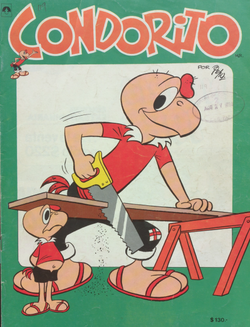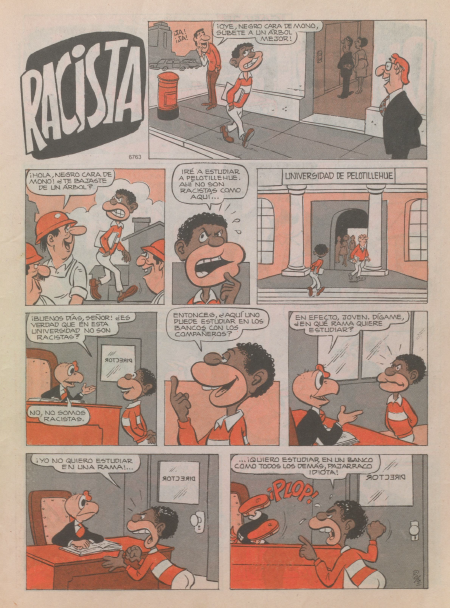 So I'm taking a Reference course in which we discuss different types of tools that will help our patrons to find the information they seek. The sources we use range from anything as basic as a dictionary, to one as unwieldy as a directory to lib guides, a focused space that collects information around a specific topic. Our culminating task for the semester was to create a lib guide on the topic of our choosing and I chose white privilege. I chose this topic because I have never in my life been more sensitized to discussions of race than I am right now on my current college campus. Interestingly enough, it's not always 'people of color' who are initiating and engaging the discussions that surround me. Additionally, it was here that I learned the terms "PWI" (predominantly white institution) and "microagression," comments that reflect support of the dominant culture which is white, male, heterosexual, Christian, cisgender, economically stable, educated, young, able-bodied, etc. Anyhow, I created mine and it is found here. The intro explains its objectives and layout: the target audience is undergraduate students who are writing on race; I wanted to provide both scholarly sources and others that take advantage of various forms of multimedia. So, alongside Thandeka's Learning to be White, you will find Dencia's website for Whitenicious, a skin lightening cream. And alongside Chris Rock's trailer for his Good Hair documentary, you will find the anthology Critical White Studies that houses many voices on the topic. I have come to the conclusion that I'm doing something right because I've already acquired one hater! As Sharon Irish would say, "Onward!"
0 Comments
 This woman, Roberta Close, was assigned a male identity at birth. She is from Brazil and next week, my presentation partner and I will address the market for transsexual models in Brazil for our Portuguese class. Close would later pose in Playboy and be named the most beautiful woman in Brazil. Another Brazilian figure I would like to include in this discussion is Laerte Coutinho, a Brazilian cartoonist who also resists the binary coding of "male/female." One of the topics I'd like to explore is 'What makes Brazil so open to sexual identity fluidity?' and conversely 'What makes the U.S. less receptive of the same?' Lately the news has been engaging discourses surrounding transsexualism, highlighting in particular Laverne Cox from Orange is the New Black, Janet Mock who recently released Redefining Realness, Rupaul who has been accused of being transphobic and a little girl whose school chastised her for not being feminine enough. The TED circuit hasn't missed a beat in featuring Geena Rocero, a transgender Filipina woman and model who has decided to 'come out' in a very public way. I'm [trying to] take this opportunity to educate myself in ways I can be more sensitive to, about and for difference, in my language, in my questions, in my personal ethos.
|
AuthorMy name is Katrina Spencer. I'm a librarian. Archives
February 2020
Categories |



 RSS Feed
RSS Feed